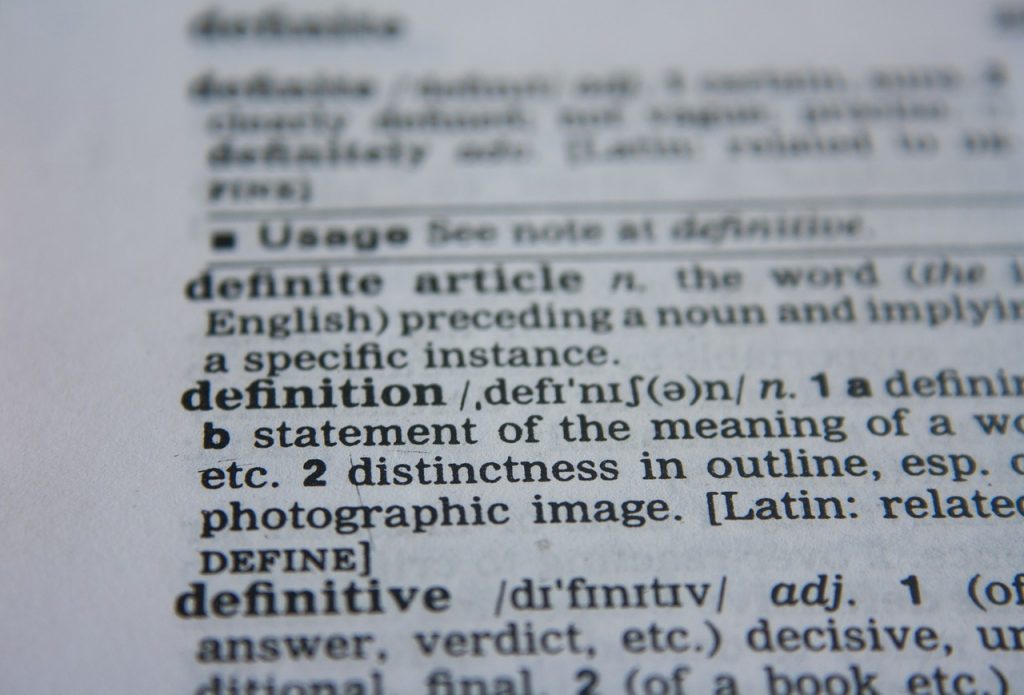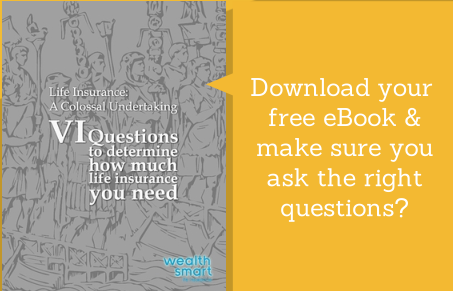- Life Insurance
- Income Protection
- Superannuation
- Superannuation Insurance
- Super Fund Income Protection
- SMSF Insurance
- SMSF Life Insurance
- SMSF Income Protection
- Wealth Smart’s Superannuation Employer Contribution Solutions
- Super Centre
- Consolidating Your Super
- What is Super?
- Salary Sacrificing Super
- Concessional contributions cap
- Your Investment Strategy
- Our Solutions
- Corporate Employee Solutions
- Private Client Solutions
- General Insurance
- Resources
- Insurers
- Contact
- Superannuation Insurance
- Super Fund Income Protection
- SMSF Insurance
- SMSF Life Insurance
- SMSF Income Protection
- Wealth Smart’s Superannuation Employer Contribution Solutions
- Super Centre
- Consolidating Your Super
- What is Super?
- Salary Sacrificing Super
- Concessional contributions cap
- Your Investment Strategy
- Our Solutions
- Corporate Employee Solutions
- Private Client Solutions
Recent Posts
Categories

What is salary sacrifice into Super and how does it benefit you?
Understanding Life Insurance Lingo
The Life Insurance industry is replete with seemingly nonsensical terms and strange words. It can all be a little bit overwhelming, so we at Wealth Smart have provided you with this glossary to facilitate your research into Life Insurance.
Accidental Death Cover
A limited policy that only pays a claim if you die in an accident.
Advanced payment benefit
See funeral advance.
Automatic indexation
Your cover will increase in line with the current Consumer Price Index. Your premium will also increase.
Beneficiaries
The recipients of a life insurance claim. These could be your partner, children, other family members, or business partners. You can nominate your beneficiaries upon application of a Life Insurance policy. They will receive your death, terminal illness, or funeral benefits. If your circumstances change, it’s important to update your chosen beneficiaries.
Claim
This is where you see that having a policy pays off. A claim is where the policy holder or beneficiaries will request the insurer pays a benefit because a qualified event has occurred.
Cooling off period
The short period in which you can change your mind about a policy without costing you anything. It is usually a minimum of 14 days from the policy commencement date.
Cover
The amount of money you will receive from a claim. This can be updated if your circumstances change.
Death Benefit
The amount of money your nominated beneficiaries will receive upon your death.
Duty of Disclosure
You are required to honestly disclose everything you know about your health, occupation, sporting activities and income when you apply for an insurance policy.
Exclusions
A certain event or condition excluded from the policy; suicide exclusion is common for the first 13 months of a policy.
Funeral Advance
Pays a set amount to cover funeral expenses after the death of the insured person. It is usually paid to your chosen beneficiary within 24 hours of receiving your death certificate and completing the claim form.
Guaranteed/future insurability
The option to increase your cover without having to provide health evidence if your circumstances change.
Income Protection
Insurance that pays you a monthly regularly benefit in place of your income if you are unable to work.
Level premium
Your premium is calculated and based on your age at the time you start a policy.
Policy holder
The person or entity that owns and pays for the insurance.
Premium
The price you pay for Life Insurance. It is calculated based on your age, gender, lifestyle and more. It can be paid monthly or yearly. Rates vary between insurers.
Premium loading
If you have pre-existing medical condition when you apply for a Life Insurance policy, your policy may with certain conditions. You may be asked to pay a higher price due to a particular risk factor.
Premium waiver
If you make a claim, the policy premiums are not payable.
Product Disclosure Statement
Insurers must include all terms and conditions of a policy in a single document. Read this document carefully before buying any policy.
Stepped premium
The premium will be recalculated (and will usually increase) on each policy anniversary based on your age at that time.
Sum insured
The amount of Life Insurance cover your insurer will pay out in the event of a claim. This can be updated if your circumstances change.
Terminal illness benefit
An advanced or rapidly progressing incurable illness where both doctors and insurers agree your life expectancy is not expected to exceed 12 months, regardless of further treatment. You will receive your lump sum payout, but on death no further payment will be made.
Term Life Insurance
Insurance that provides cover for a certain amount of time. A term usually lasts until the insured person reaches 99 years of age.
Total and Permanent Disability (TPD)
Insurance that gives you a lump sum payment if you are unable to work as a result of a serious disability or illness.
Trauma Insurance
Insurance for specific medical conditions listed in a policy.
Find out more about Life Insurance with our FREE comprehensive guide to securing the best insurance for you.

